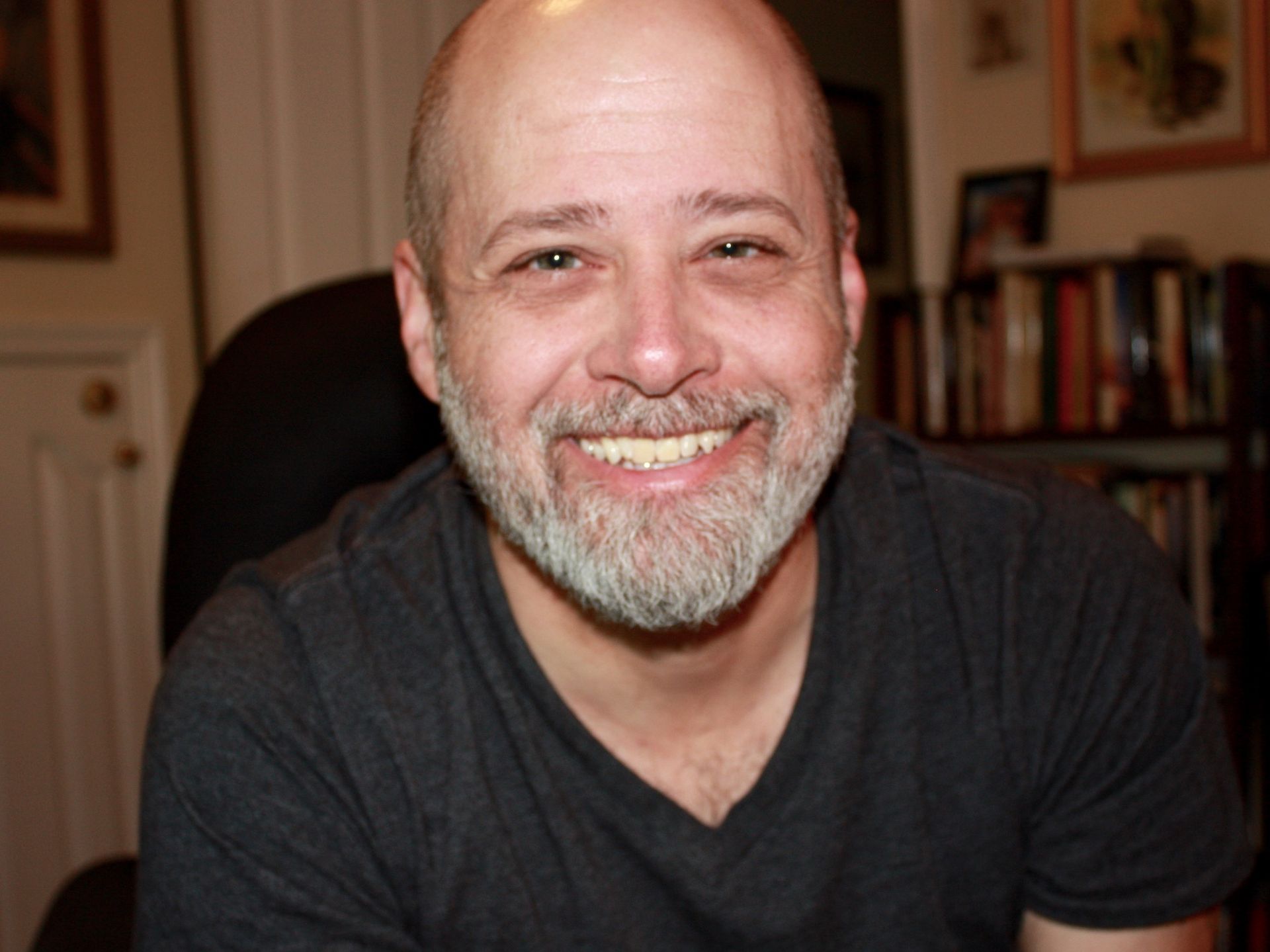Every once in awhile, I find myself preaching for the nod. Do you know what I mean by “preaching for the nod?”
It’s what we do when we want to hard wire a bit of ego-stroke for ourselves into a Sunday morning.
How easy is it, and how often do we insert that small comment, that little aside, or even that main point that we know will appeal to the sensibilities of certain listeners? You know, the left-leaning (or right-leaning) political comment? The doctrinal aside that scratches the itch of that person so prone to give up the “Amen” or the vigorous head nod…
Preaching for the nod has less to do with what we see in the text and more to do with what we want people to see in us … and thus the danger.
The most God-centered, expository sermon or community-centered dialogical discussion could be completely me-centered if my intention in preaching it is to get certain people to give with the “Good words today, Pastor!” If my intention in preaching a message or making a point is to get certain people to see me as sufficiently hip and relevant (or standing against the tide of culture), or progressive (or appropriately conservative), or doctrinally adventurous (or steadfastly orthodox) then I have traded the proclamation of God’s Word to the people for the proclamation of myself to an audience, regardless of how I dress it up.
And all for that little nod…
It’s like a drug. The rush of agreement, of assent, of affirmation. Many of us would sell our souls for it and some of us do.
And the problem is not only how easy it feels, but often how right.
I remember when I pastored in the Netherlands in the late 90’s, one of the big issues in our church community was that the senior pastor didn’t give a “Gospel Invitation” every week as some of the old hands in the church wanted him to. I totally agreed with the pastor that good, text-based and God-centered proclamation was preaching the Gospel, even if there wasn’t an invitation shoe-horned into and behind every message. The thing is, it was easy for me to include that little Gospel invite on those weeks every couple of months when I was preaching. It was a total win-win. I told myself I was preaching the Gospel (a good thing, right?), some of the people got to hear what they wanted and I got affirmation from a notoriously hard-to-please group within our church. Hey, “whether from good motives or bad”, right?
Well… problem was, sermon prep began to be less and less about hearing from God and more about crafting statements of appeasement. It’s not like I didn’t mean those invitations, but… slippery slope indeed.
I pastored a church that did its Sunday gathering in a pub. We saw a different kind of folk than your average 1st Baptist or 2nd Methodist. Burned by “Church”, usually more politically and socially liberal, they often come, just like everyone else evaluating all the words said and sung, looking for reasons why they might or might not “fit” with our community.
And it was so easy to slip from speaking in a way which is accessible to those we are trying to love into community into speaking in a way which is attractive to them. You know, making sure they understand- that yes it’s church, but we’re not like those churches…
We had a broad spectrum of political and religious views in our community- Republicans and Democrats and socialists and libertarians, people who come from evangelical and mainline backgrounds or no church background at all. It’s something I loved about Evergreen. But I found myself, on occasion, throwing in the odd anti-GWBush or Trump comment. Or taking a poke at Joel Osteen. And if I am honest (and I’m trying to be) it was usually more about been seen as progressive, a Christian but not like those Christians… and more and more, I’m seeing just how misguided a thing that is. How cheap and easy it is to “speak prophetically” when you know it’s what certain people love and want to hear.
And if there’s anything I don’t want to be as a pastor, it’s cheap and/or easy.

Bob is the Director of Equipping and Spiritual Formation for the Ecclesia Network.
He’s the co-author of Eldership and the Mission of God: Equipping Teams for Faithful Church Leadership as well as Ministry Mantras: Language for Cultivating Kingdom Culture.
He planted the Evergreen Community in Portland, OR in 2004 and holds a DMin from George Fox/Portland Seminary.
Bob currently lives in Boise, ID with his wife, Amy, his kids, Jack, Jane, and Josie and his dog, Bentley.







